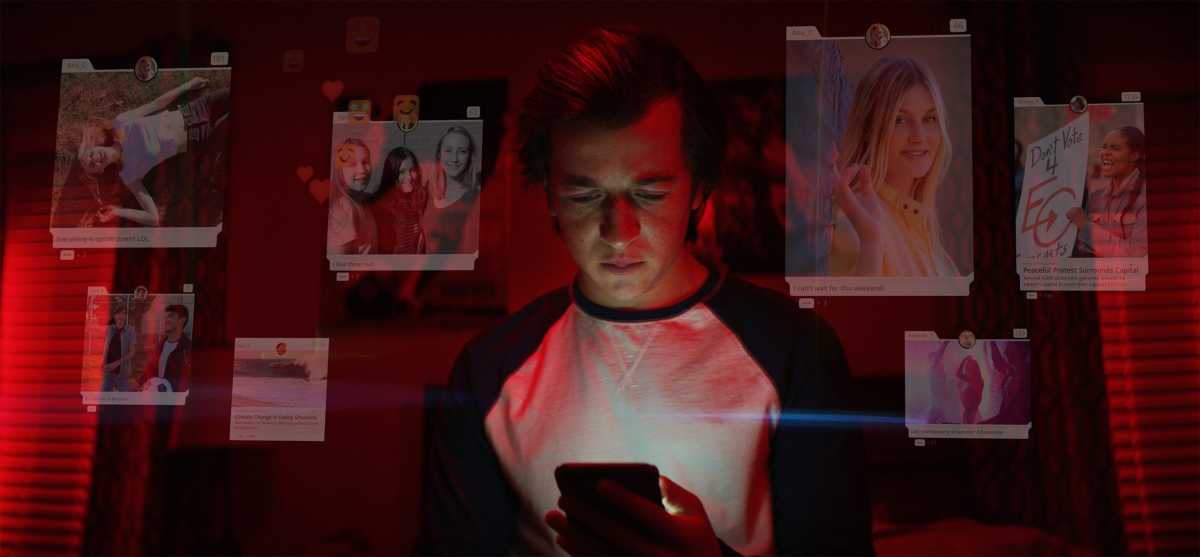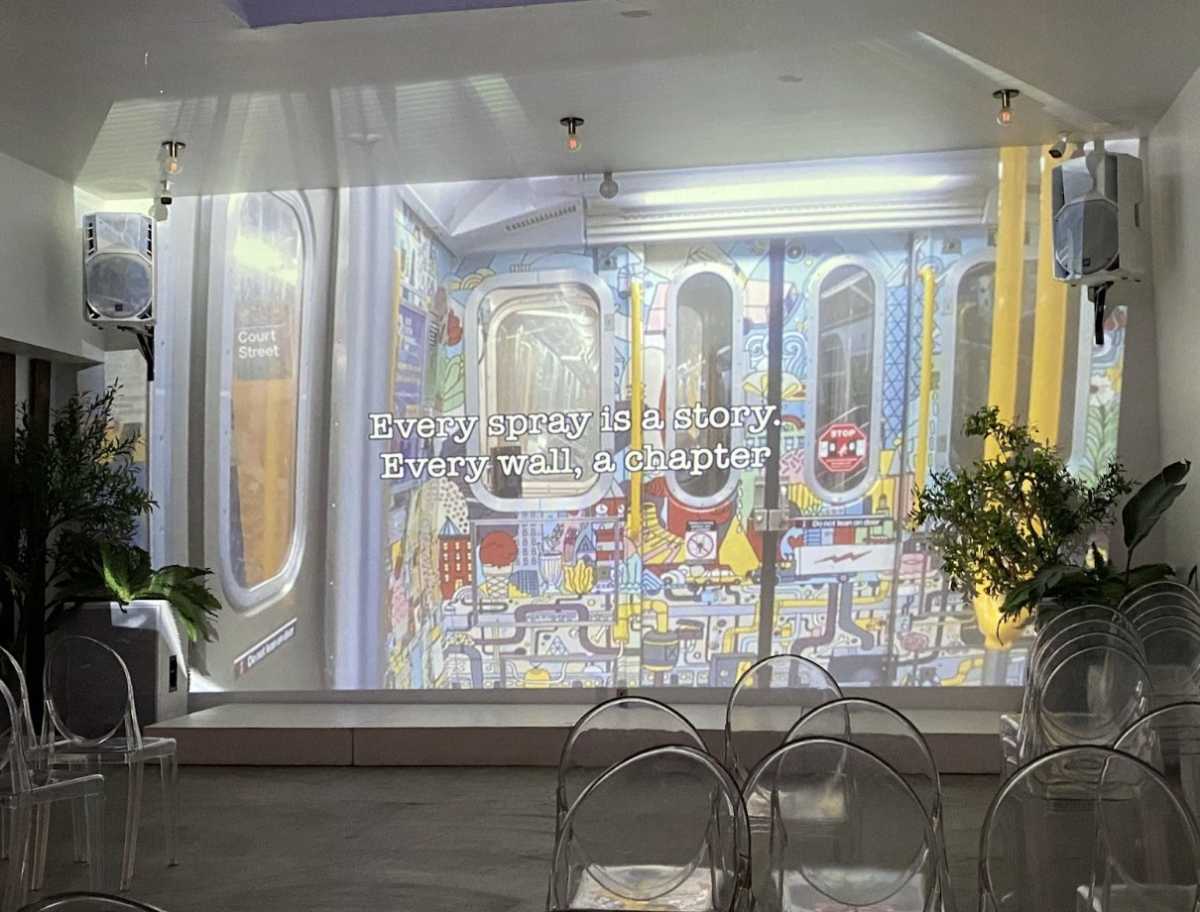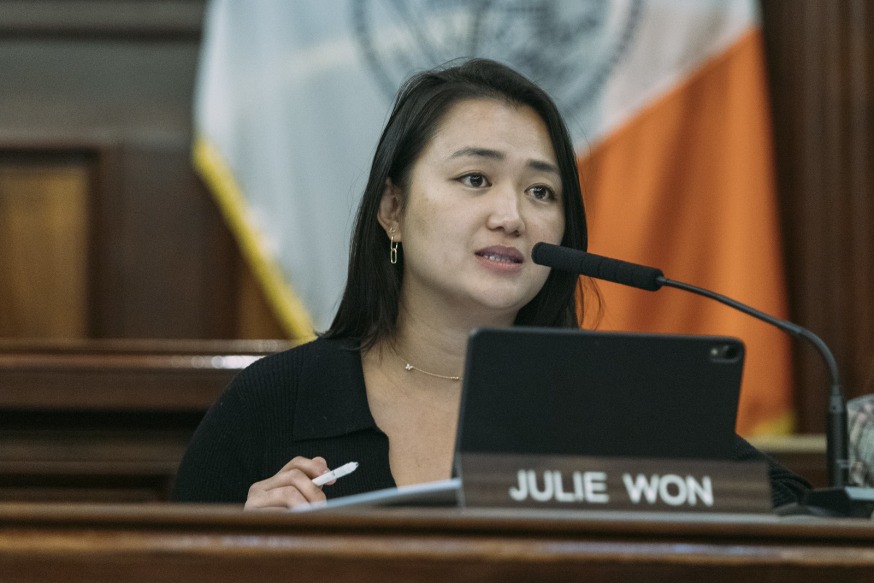In a world fueled by likes and comments, a new documentary that’s coming to Netflix takes a look at how social media is reprogramming society and the consequences of dependency on the social internet.
Like many, Director Jeff Orlowski loved social media and had seen the positive impacts that it had on society. It was when his friend Tristan Harris, who was working at Google as a design ethicist, began to publicly criticize Google’s business model in 2017, as well as the business models of other tech companies.
“I had met Tristan in college. I saw him starting to talk about the consequences of technology,” said Orlowski. “He was working at Google and criticizing Google publicly. We caught up and started talking. I have so many friends in the tech industry yet I heard no one talking about this in 2017.”
This conversation sparked the idea for “The Social Dilemma,” Orlowski’s new documentary that takes a deep dive into how social media is silently controlling society on a personal level. The film features an interview with Harris, who has since left Google and co-founded The Center for Humane Technology, as well as extensive interviews with a number of professionals in the field, including Justin Rosenstein the co-inventor of the Facebook “Like” button; Tim Kendall, former President of Pinterest and former Director of Monetization at Facebook; Cathy O’Neil, author of Weapons of Math Destruction; Rashida Richardson, Director of Policy at the AI Now Institute and more.
Unlike a traditional documentary, “The Social Dilemma” weaves in a storyline revolving around a family where most of its members, particularly the teenage son and tween daughter, are consumed by social media. The storyline also shows the social media algorithm at work, trying to decipher what would draw people onto these websites and apps that would have them come back.
Orlowski says that not only was this decision a way to flex their creativity, but also a way to bring the algorithm to life in a way that helps the public understand what is going on.
“Once we started talking to experts about the software and how it works, we saw more of the intention behind it and thought to anthropomorphize it,” said Orlowski. “We thought about how we could make it as accessible, entertaining and engaging as possible while showing what the algorithm’s data has on us and feeling what they are trying to do.”
After hearing from engineers, Orlowski started to question why we start to see notifications for these apps and realizing how intentional the whole system is, even though the engineers don’t even fully know what the algorithm is doing.
“The reality is, the algorithm is going with what you want. It doesn’t know what you want or not. Not showing sending you stuff because this kind of stuff is getting you to come back and stay there longer,” said Orlowski. “The reality of it is even the engineers don’t know why the algorithm shows that particular thing.”
Filming for the project started in 2018. “The Social Dilemma” first debuted at the Sundance Film Festival this year and has received positive feedback from viewers at the festival and at private screenings.
Orlowski decided to update the film following its Sundance premiere when the onset of COVID-19 plunged into the United States, which ultimately led to the spread of misinformation surrounding the virus.
“Since the film premiered at Sundance in January this year, we had some changes that we wanted to make, and as we were making updates and tweaks, the pandemic came in and we knew we had to tie this into the movie,” said Orlowski. “Even back in March conspiracy theories and misinformation were starting. People were falling into political camps and the mask was a polarizing symbol.”
During the process of making the film, Orlowski pulled himself off of social media almost entirely. He still uses Facebook for messaging purposes on occasion but has installed a newsfeed eradicating application to stop himself from seeing what is going on in his newsfeed.
“When I stopped using Facebook, it was like [Facebook] were performing a resurrection trying to get me to come back. I could feel how desperate Facebook was to get me to come back to the platform,” said Orlowski. “I felt really grossed out by it honestly. The rose-colored glasses wore off and I had a different perspective.”
Despite all that is revealed in “The Social Dilemma,” Orlowski is ultimately an optimist when it comes to technology — but the fact that the companies behind the social internet do not have our best interests in mind as they grow and evolve their business models.
“I believe in the good that technology can provide, great stuff has happened on social media. It’s pretty cool that I can fly across the ocean, but we need to be aware of what the consequences are of doing it,” said Orlowski. “These platforms are not designed for society’s well being, it’s designed for profit. How is a free product worth hundreds of millions of dollars? I don’t trust these platforms and won’t until they change their business model to align with the users.”
“The Social Dilemma” premieres on Netflix on Sept. 9. For more information about the film, visit thesocialdilemma.com.






































